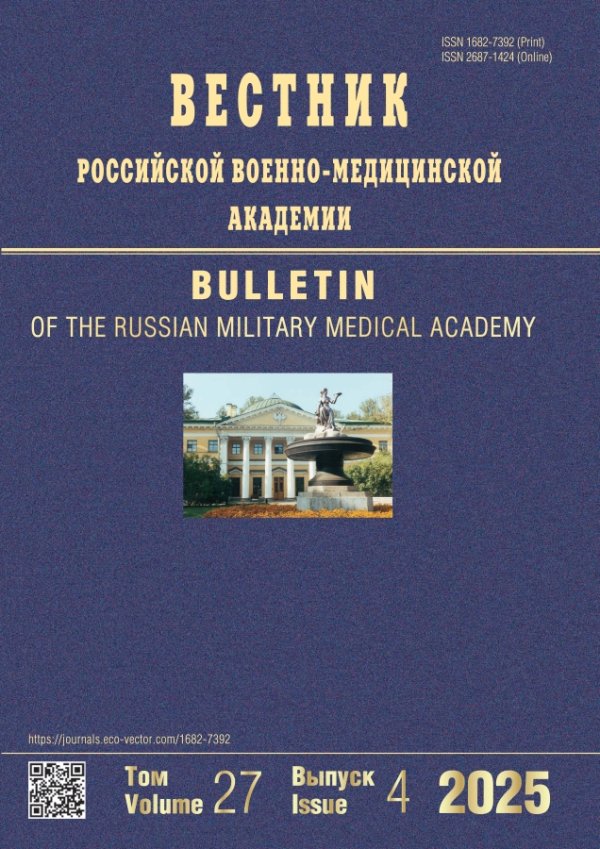Influence of various degrees of normobaric hypoxia on the physical working capacity of a person
- Authors: Vetryakov OV1, Khalimov Y.S.1, Bykov VN1, Fisun AY.1
-
Affiliations:
- Военно-медицинская академия им. С.М. Кирова
- Issue: Vol 20, No 2 (2018)
- Pages: 7-9
- Section: Articles
- URL: https://journals.rcsi.science/1682-7392/article/view/12203
- DOI: https://doi.org/10.17816/brmma12203
- ID: 12203
Cite item
Full Text
Abstract
Full Text
##article.viewOnOriginalSite##About the authors
O V Vetryakov
Военно-медицинская академия им. С.М. Кирова
Email: o.v.vetryakov@mail.ru
Санкт-Петербург
Yu Sh Khalimov
Военно-медицинская академия им. С.М. КироваСанкт-Петербург
V N Bykov
Военно-медицинская академия им. С.М. КироваСанкт-Петербург
A Ya Fisun
Военно-медицинская академия им. С.М. КироваСанкт-Петербург
References
- Голубев, В.Н. Состояние физической работоспособности после курса интервальных гипоксических тренировок / В.Н. Го- лубев [и др.] // Актуальные проблемы физической и спец. подготовки силовых структур. - 2015. - № 3. - С. 35-41.
- Лагунов, А.Т. Метод предварительной подготовки личного состава к работе в гермообъектах с гипоксической по- жаробезопасной средой / А.Т. Лагунов [и др.] // Морская медицина. - 2016. - Т. 2, № 4. - С. 41-51.
- Методики исследований в целях врачебно-летной экспертизы. - М.: Военное издательство, 1995. - 455 с.
- Правила водолазной службы ВМФ. - М.: Воен. изд-во, 2003. - 286 с.
- Пухов, В.А. Оценка функционального состояния организма во- енных специалистов: научно-практическое руководство / В.А. Пухов, И.В. Иванов, С.В. Чепур. - СПб.: СпецЛит, 2016. - 312 с.
- Самойлов, В.О. Характеристика индивидуальных различий функционального состояния человека в условиях гипок- сической гипоксии / В.О. Самойлов [и др.] // Вестн. Росс. воен.-мед. акад. - 2013. - № 3 (43). - С. 1-7.
- Солодков, А.С. Фармакологические препараты, способствую- щие ускорению адаптации спортсменов, в условиях горной местности / А.С. Солодков [и др.] // Ученые записки. - 2014. - № 11 (117). - С. 142-148.
- Тимофеев, Н.Н. Вопросы адаптации военнослужащих к ус- ловиям высокогорья / Н.Н. Тимофеев [и др.] // Актуальные проблемы физической и специальной подготовки силовых структур. - 2012. - № 2. - С. 57-61.
- Шишов, А.А. Барокамерные подъемы как метод специального обследования летного состава государственной авиации / А.А. Шишов [и др.] // Воен.-мед. журн. - 2014. - № 4. - С. 54-58.
Supplementary files







